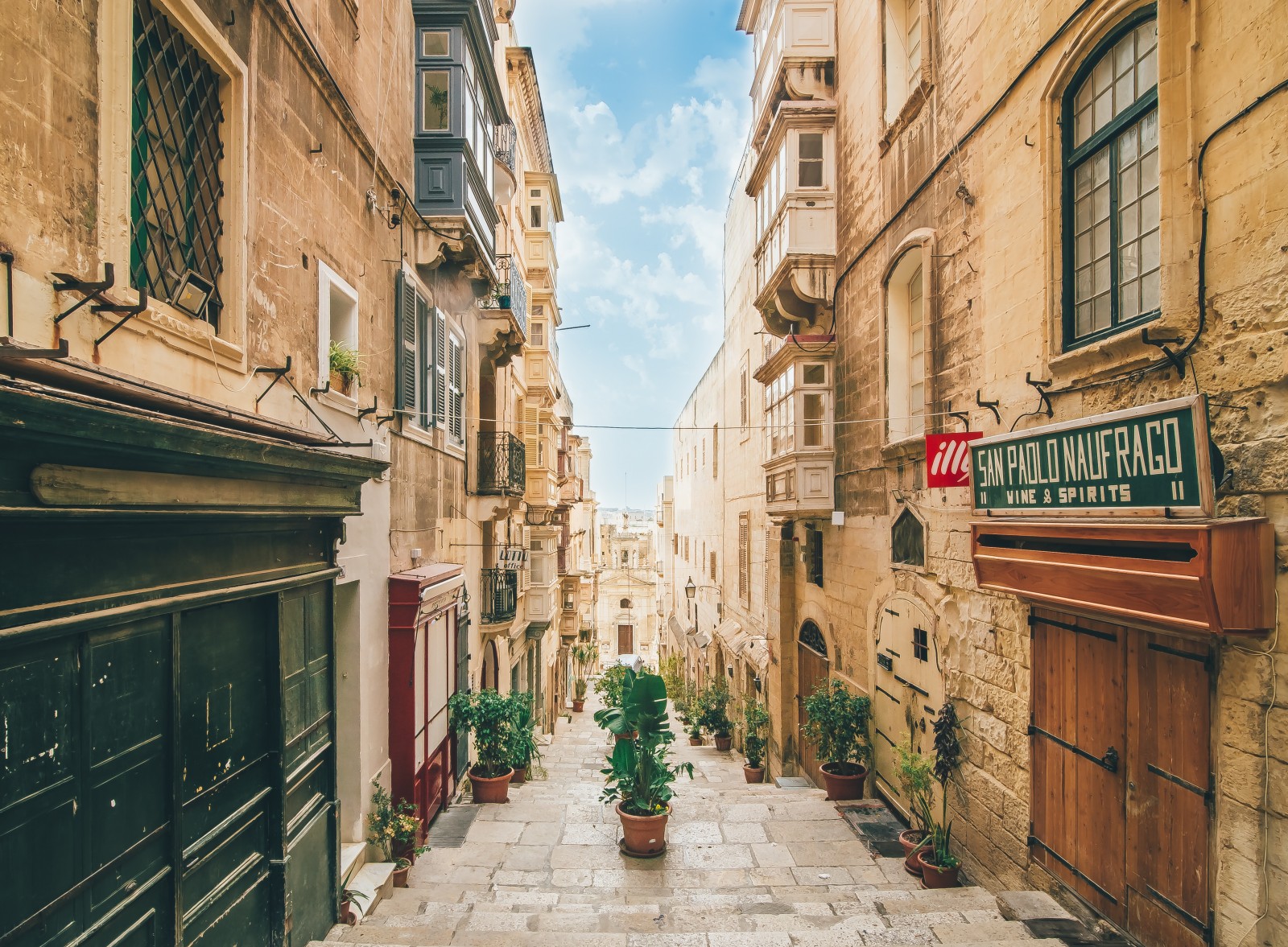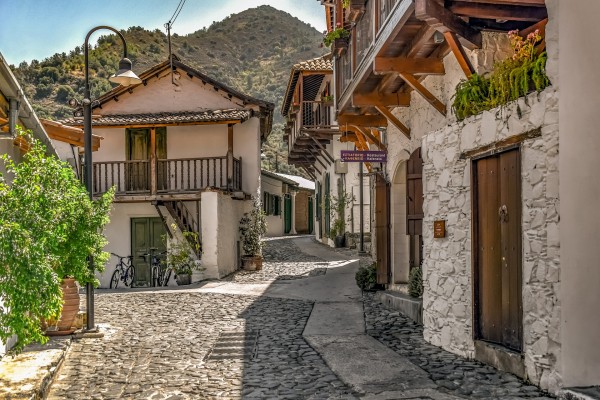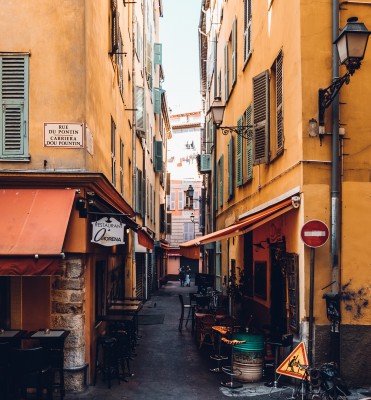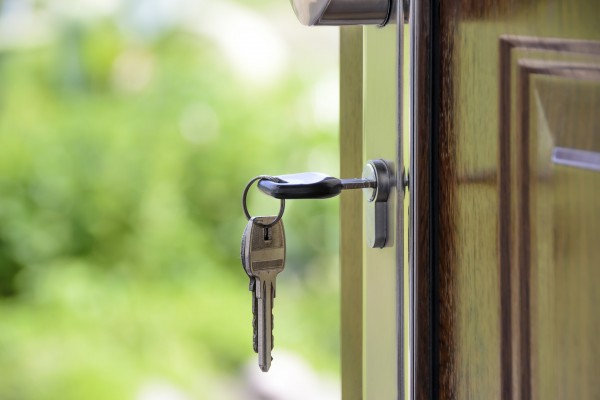For years, expats have been asking themselves a number of questions regarding Malta’s real estate market. The list includes questions like:
- Should I rent or buy properties in Malta?
- Is a second property an appropriate investment?
- How long should I plan to stay in Malta before making the decision to sell my house?
- Can I get a good deal by looking into the smaller towns and their neighborhoods?
All of the questions mentioned and others will be answered as you read this article.
Malta real estate industry trends
To fully understand a market, people ought to figure out the industry trends in that particular place. This information is very useful for people who are looking for a place to make their new home or even those who have already purchased a property. In the following sections of this article, we will discuss the types of properties that the Maltese tend to live in.
According to research done in 2011, terraced or town houses in Malta have the highest percentage of occupancy, which accounts for 34.4 %. The next housing type with a large share is flats/ apartments, accounting for 29.4%. To add up, people claiming to live in Maisonettes/ Ground-floor tenements make up about 28.9% of residents in Malta. Up to 6% of current dwellings include semi-detached or detached houses, in the meanwhile, 0.9% consist of farmhouses.
Numbers that prove Malta real estate industry is prominent
According to the Knight Frank Global House Price Index, in 2018 second quarter, the overall prices of real estate in Malta increased by 16.9% on a 12-month basis, over the year before. This increasing rate is proven to be more than that of any other country in the world. By having this number, the country ranked third at the end of 2018 from the 20th position at the end of 2015 on this same index.
Real estate in Malta seems to be one of the best investments in Europe based on the consistent track record. An analysis states that the adjustment in rules by the government that made it easier to buy a house or the fact that bank’s started issuing easier credit in Malta have not led to the price appreciation. In fact, the Malta real estate price appreciation is likely due to the economic growth thanks to job creation and some element of speculation.
Popular categories in Malta real estate industry
Basically, it is attractive for expats to invest their money anywhere in Malta according to the outsized growth in the financial services industry. If you want to increase the chances of selling your properties, then the following items should be considered:
- Furnished apartments in newly constructed buildings
- Real estate with higher prices are still likely to be sold in the suburbs of Valletta like Sliema, St. Julians and Gzira
- Special designated areas and complexes are much more appealing and attractive to foreigners who want to purchase properties.
In the future, there may be some difficulties for Malta to improve infrastructure, and at the same time reduce traffic accordingly. So in order not to see a high rise in the capital real estate prices, companies and agencies may need to consider relocating out of Valleta.
Over the past years in Malta, the top of the luxury real estate market has seen remarkable progress as well. People can conclude that this estate segment is mainly led by Maltese nationals and foreigners selling their properties elsewhere so they can then be able to move into the palazzo of their dreams.
Predictions for Malta property market in 2019
When it comes to the debate about inflated prices in the Malta real estate market, it is important to obtain some essential information. For example, although the property prices were at an index of 238.4 during the first quarter of 2017, the first quarter of 2018 showed a significant increase in this index to 241.9.
If this trend continues in the future, many experts warn that Malta real estate industry might turn into a bubble in no time. Eventually, the bubble will burst which will lead to the property prices decreasing and banks failing.
Malta – a real estate bubble
First, we have to define what a housing bubble is. A real estate bubble means “a run-up in housing prices fueled by demand, speculation and exuberance” according to investopedia. We should probably add the qualification that to be a bubble the demand has to be unstable and not a shift in long-term preferences. That definition goes on to point out that prices inflate quickly because this temporary demand outpaces a limited supply. On one hand, Malta is an island and the territory that incorporates Valletta and its rural areas appears to be densely populated. Yet, at 1,562 individuals for every square kilometer, Malta’s population is one-quarter as thick as Hong Kong. Due to the fact that 80% of the people own the homes, a large number of people are going to make profit out of renting, especially the ones that own a second home in Malta.
Malta real estate industry prices in conclusion
In the future, property loans in Malta will be ensured, thanks to the three main components which are the ongoing growth of the economy, steadily developed regulations and the stable banking sector.
Regarding the prospect of Malta real estate industry, there are a few points you need to keep in mind:
- The appreciation of Malta real estate price is unavoidable
- If the real estate price index does not die down, actions must be taken by the government. The first and most important step to be taken is to support the population segment that struggles to deal with ownership market rent and see their rents increase.
- Maltese registered companies and agencies have already shown a sign to move to the area outside of Valleta which is possible to help the real estate prices increase in other parts of Malta.
In conclusions, Malta has always been a potential market in terms of real estate. This applies even if you choose to either buy a property or sign a rental contract to enjoy the island life with your family. Let Liveonriviera.com help you find your most desired property with ease.









